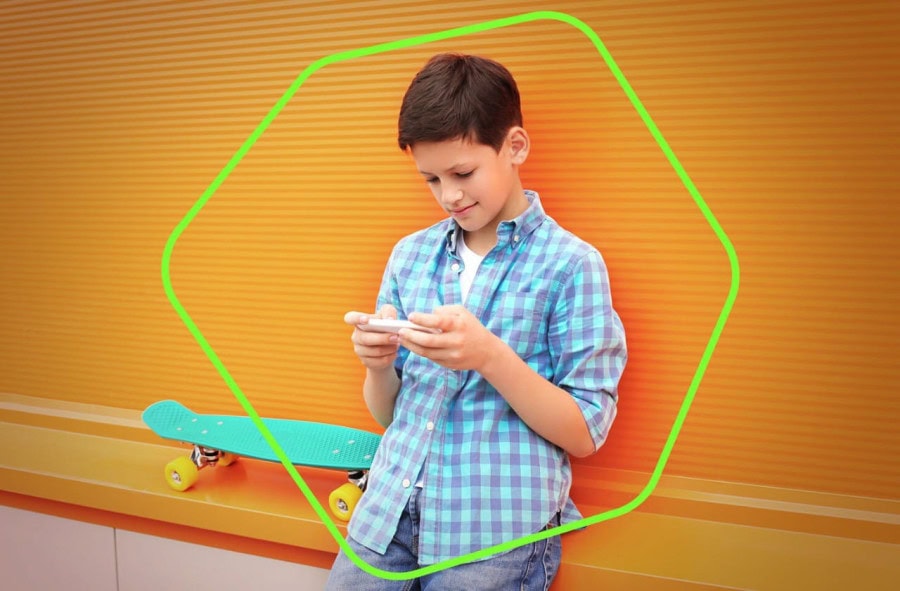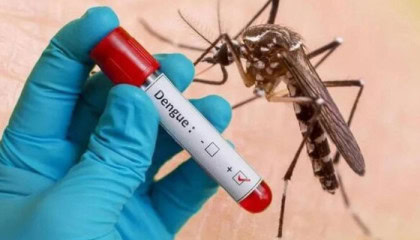ISLAMABAD – About 48 per cent of 11-17 years old children hide their online activities from their parents and other grown-ups.
According to a recent survey conducted by Kaspersky in Middle East, Turkey and Africa, 28pc of youngsters set passwords on all their devices, while 20pc clear the browsing history after each access to the Internet to hide from adults what they were doing online.
And 16pc prefer going online when their parents are not around. Among those who tend to keep their online activities a secret, a significant number of 57pc of teenagers don’t want their parents to know how much time they actually spend on the Internet, or which websites they frequent (37pc).
Even more worryingly, a quarter 25pc conceal information about visiting websites with aggressive or adult content, and 33pc about watching content intended for adults.
“It is more important to build and maintain close relationships with children. Regularly discussing their digital lives is important. Creating a communication strategy that allows them to reach out when they have concerns is also crucial,” said Seifallah Jedidi, Head of Consumer Channel in the Middle East, Turkiye and Africa at Kaspersky.
He said that applying parental control is not showing distrust to your child. “It is a sensible precaution with which you can, among other things, protect the device and the data on it. It allows parents to control which sites their children visit and which games they play, as well as disallowing file downloads, blocking access to content on unwanted topics and preventing the disclosure of confidential information”, he said, adding that by staying informed about the latest threats, parents can create a safer online environment for their children.



















